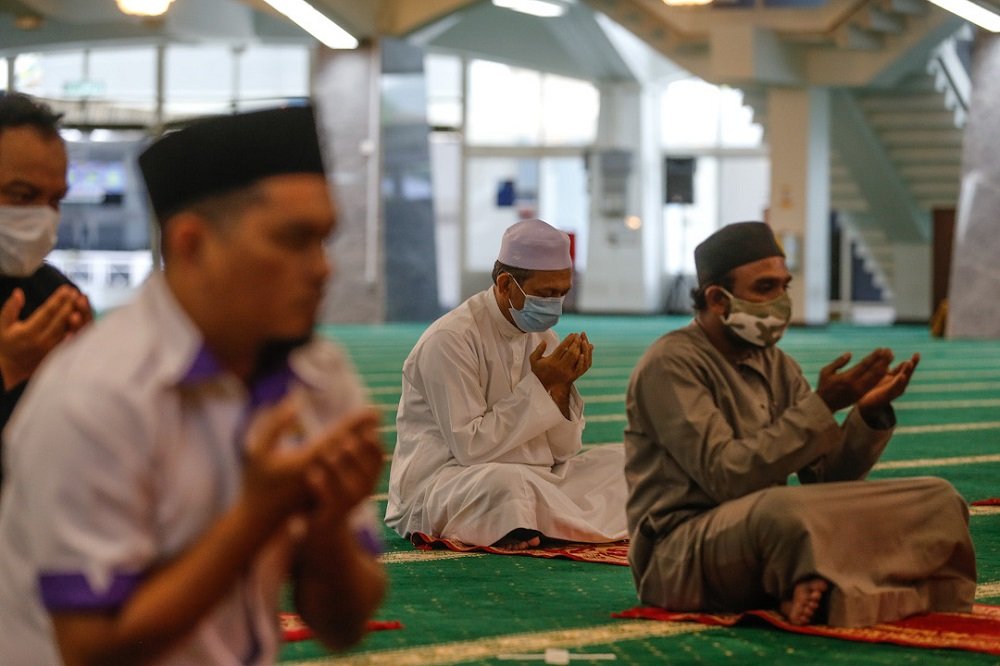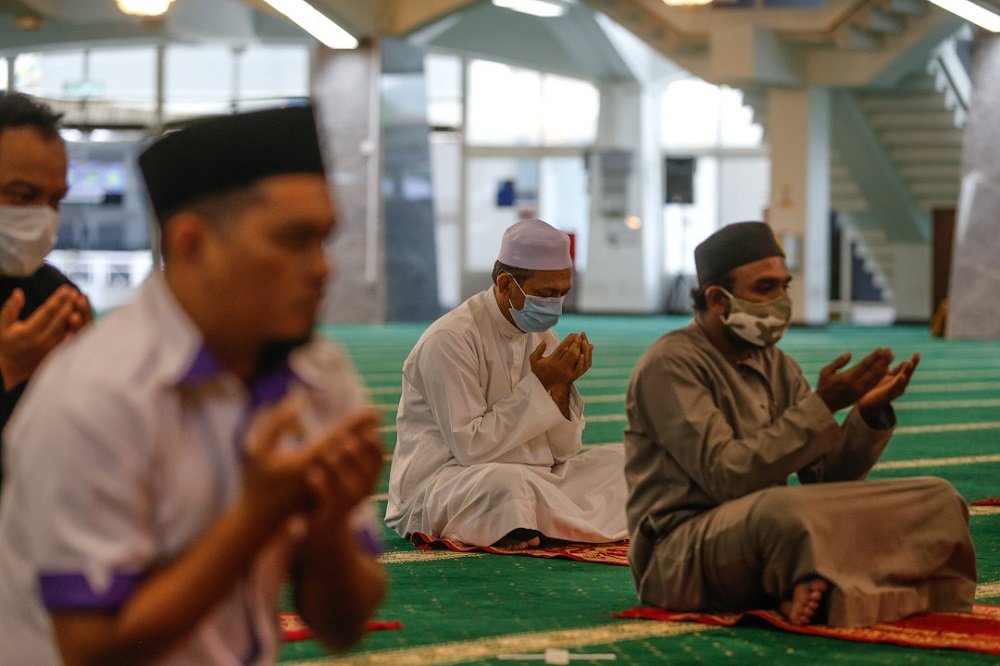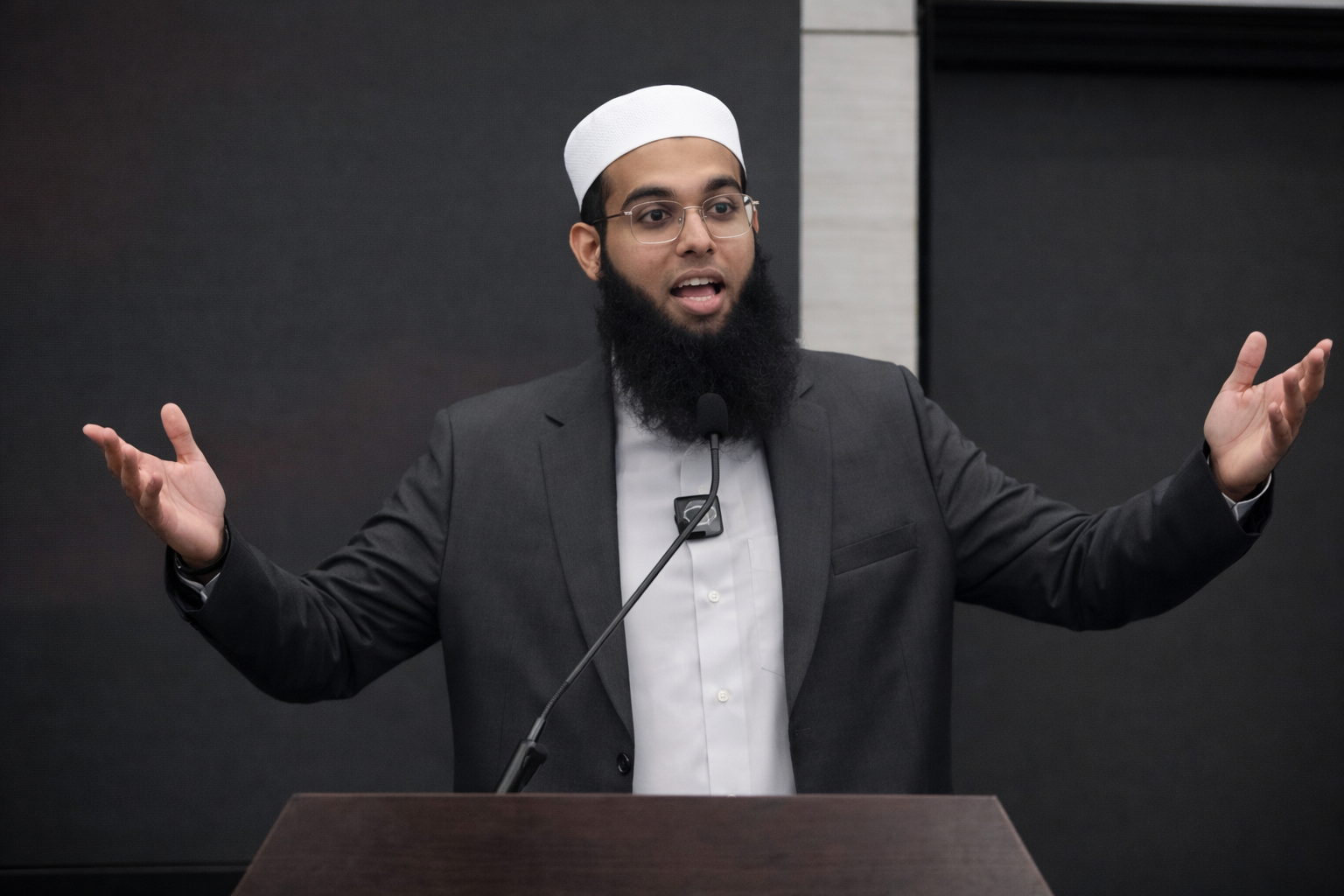In a bold and controversial move, Terengganu, a Malaysian state, has rolled out tough new rules to enforce religious discipline among Muslim men. Announced on August 18, 2025, by the Pan-Malaysian Islamic Party (PAS), the state’s governing body, the updated Shariah Criminal Offences (Takzir) Enactment 2016 Malaysia: Jail for Skipping Friday Prayers a fine of 3,000 Malaysian Ringgit (about US$710 or Rs 61,060), or both. This is a massive jump from earlier rules, which only targeted those missing three consecutive prayers with a lighter six-month sentence or a 1,000 Ringgit fine. The decision has ignited a firestorm of debate, with some calling it a step toward hardline conservatism in Malaysia’s diverse society, while others defend it as a way to protect Islamic values.
Terengganu and PAS’s Iron Grip
Nestled on Malaysia’s east coast, Terengganu is home to 1.2 million people, almost all of whom are ethnic Malay Muslims. The state is a stronghold of PAS, a conservative Islamist party that swept all 32 seats in the 2022 state elections, leaving no room for opposition. This unchallenged power has given PAS free rein to push stricter Islamic laws, aligning with its vision of a full-fledged Islamic criminal code. With its influence growing in Terengganu and nearby Kelantan, PAS is gearing up for Malaysia’s next general election, expected within two years.
Friday prayers, or solat Jumaat, are a cornerstone of Islamic practice for Muslim men, symbolizing faith and community unity. Terengganu’s Sharia laws, first introduced in 2001 and updated in 2016, already penalized offenses like disrespecting Ramadan or harassing women in public. But this latest crackdown on missing Friday prayers signals a new level of religious enforcement that’s raising eyebrows across the country.
What’s in the New Law?
The revamped Shariah Criminal Offences (Takzir) Enactment 2016 now makes missing even one Friday prayer without a valid reason a crime. Gone are the days when only three missed prayers in a row would land you in trouble. The old penalties—a maximum of six months in jail or a 1,000 Ringgit fine—have been replaced with much harsher consequences. Muhammad Khalil Abdul Hadi, a key figure in Terengganu’s State Executive Council, stressed that the law is about reinforcing Friday prayers as “a symbol of obedience and unity for Muslims.” READ NEXT https://elevenpakistan.com/heroic-father-saves-children-from-floodwaters/
To make sure everyone gets the message, mosques across Terengganu will display banners reminding men of their duty. Enforcement will involve public tip-offs and joint patrols by the Terengganu Islamic Affairs Department (JHEAT) and local authorities. While Muhammad Khalil said punishment is a “last resort” and the focus will be on education and warnings, the threat of jail time and steep fines hangs heavy for repeat offenders.
Malaysia’s Dual Legal System Under Scrutiny
Malaysia’s legal system is a balancing act: civil law governs everyone, while Sharia law applies to Muslims for personal and family matters. With about two-thirds of Malaysia’s 34 million people being Malay Muslims, alongside large Chinese and Indian minorities, this dual system tries to keep the peace in a diverse nation. Islam is the state religion, but the constitution also champions a pluralistic society, making laws like Terengganu’s a hot-button issue.
PAS insists the new rule is about preserving Islamic values, but critics argue it stomps on personal freedom and goes against the Quranic idea of “no compulsion in religion.” This isn’t the first time Malaysia has seen such moves—Johor state introduced similar measures in November 2024. But a February 2024 ruling by Malaysia’s top court, which struck down several Sharia-based laws, has raised fears among Islamists that religious courts could face more pushback.X
Outrage and Support Collide
The new law has sparked a heated reaction both in Malaysia and beyond. Human rights groups are up in arms, with Phil Robertson from Asia Human Rights and Labour Advocates (AHRLA) slamming the law as a violation of religious freedom, saying it “gives Islam a bad name.” Malaysian lawyer Azira Aziz agrees, arguing that while Friday prayers are important, criminalizing absence is overkill—education and awareness would work better. Social media platforms like X are buzzing with comparisons to strict theocratic regimes, with some users warning Malaysia could be “heading toward a Taliban-like future.”
On the other side, PAS and its supporters, especially in conservative Terengganu, see the law as a way to instill discipline and preserve Islamic traditions. Muhammad Khalil emphasized that it’s about guiding younger Muslims in a fast-changing world. Some locals back the move, saying it’s a necessary push to keep faith strong. Still, even among Muslims, opinions are split—many believe faith should come from the heart, not fear of punishment.
A Troubling Precedent
This isn’t Terengganu’s first crackdown. Back in 2019, six Muslim men, aged 17 to 35, were jailed for a month and fined 2,400 to 2,500 Ringgit for skipping Friday prayers to picnic by a waterfall. The case grabbed headlines and fueled debates about Malaysia’s growing religious conservatism. Those men were later bailed out pending appeals, but it showed how far the state was willing to go. The new law takes things further, lowering the bar for prosecution and hiking the penalties.
Critics worry this could push away younger Malaysians, who are increasingly questioning the mix of religious authority and personal freedom. With other states like Johor following suit, Malaysia might be heading toward a broader shift in its religious landscape.

What’s Next for Malaysia?
Terengganu’s new law is a clear play by PAS to rally its conservative base ahead of the next general election. By doubling down on religious identity, the party hopes to cement its political dominance. But this move has also reignited debates about Malaysia’s future as a multicultural nation. Critics warn that stricter Sharia laws could deepen divides between religious and secular communities, especially with Malaysia’s large non-Muslim minorities.
Globally, the law has drawn comparisons to strict religious policies in other Muslim-majority countries, though some point out that even conservative nations like Saudi Arabia don’t jail people for missing prayers. As Malaysia grapples with balancing faith and freedom, Terengganu’s law will likely remain a lightning rod for debate, both at home and abroad.
The Big Picture
Terengganu’s decision to slap Muslim men with up to two years in jail and a 3,000 Ringgit fine for missing Friday prayers is a game-changer in Malaysia’s religious enforcement. While PAS defends it as a way to uphold Islamic values, critics see it as a dangerous step toward curbing personal freedoms and polarizing Malaysia’s diverse society. As the state rolls out enforcement through public reports and patrols, the law’s ripple effects will shape debates about faith, freedom, and governance in Malaysia’s future.
READ MORE



